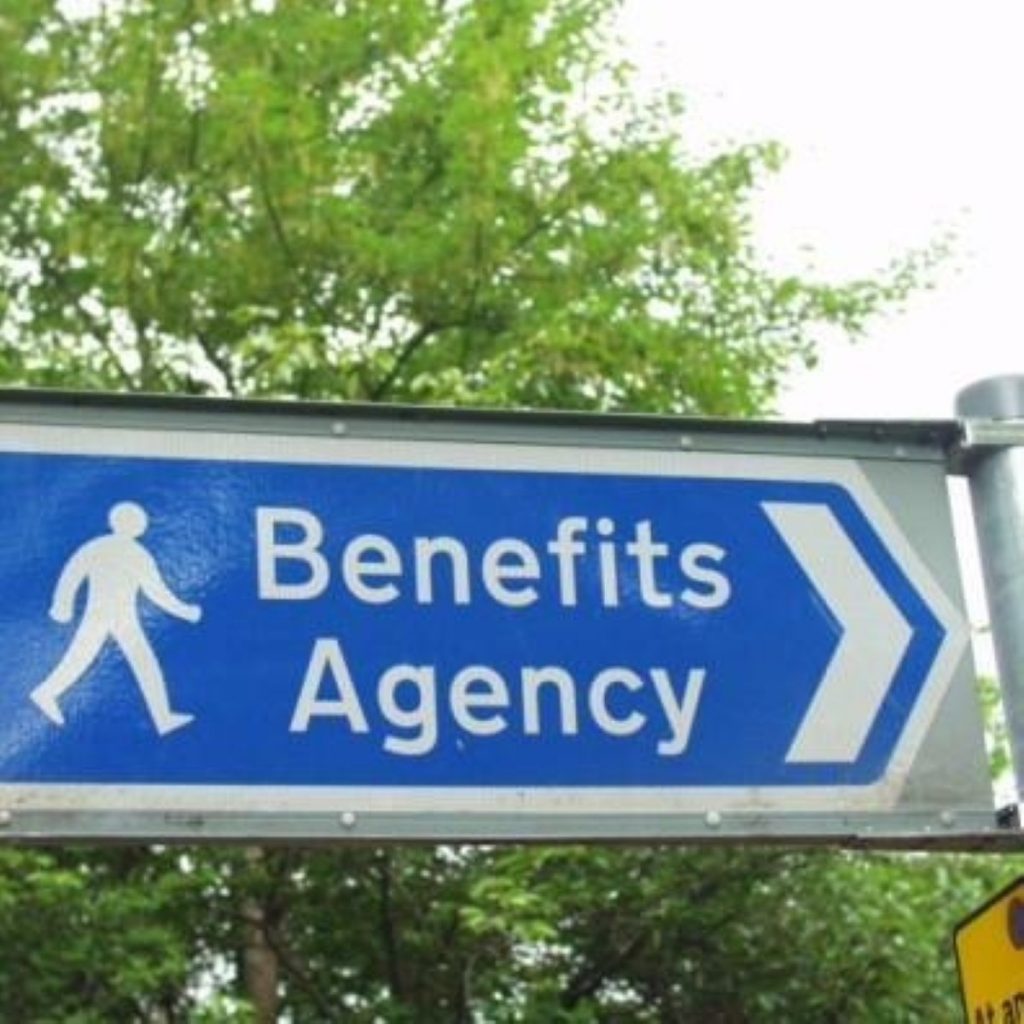Think tank unveils centennial poverty report
Glasgow has the highest cluster of poor children than anywhere else in the UK, according to new findings.
A report by the Joseph Rowntree Foundation – marking its centenary – found seventy per cent of the most deprived areas were concentrated in four cities – Glasgow, London, Liverpool and Manchester.
The cities were home to 128 of the 180 poorest wards, with more than half of families out of work and dependent on benefits.
Glasgow has the most disadvantaged wards, with 28, while Tower Hamlets, in London, had 15.


There are a dozen in Liverpool and 10 each in Hackney and Manchester.
The report found almost 60 per cent of children in the most deprived areas lived in households dependent on means-tested benefits.
The charity is calling for a 20-year strategy to help the worst-off to escape the poverty trap, including more affordable housing schemes and a much more understanding welfare system.
Donald Hirsch, author of the report, said: “Policy thinkers from across the political spectrum now recognise the importance of tackling the disadvantage of ‘poverty’ and ‘place’.
“This reflects increasing awareness that without action to deal with the corrosive consequences of deprivation there is little hope of solving related problems such as drug cultures, crime and family breakdown that are fed by hopelessness.
“The indicators proposed in this report not only draw attention to the high concentrations of disadvantage that exist in certain neighbourhoods, but show how a more integrated strategy to reduce individual and geographical deprivation could be monitored over the next 20 years.”
Another JRF study – to be unveiled at the foundation’s centenary conference at York University on Tuesday – entitled “one hundred years of poverty and policy” – found low wages remained the main source of poverty in Britain.
It said families with breadwinners on low wages comprised 31 per cent of those living in poverty.
The figure was down from 55 per cent in 1899.
But the think-tank said nearly twice as many people were on low incomes compared with 25 years ago.
Due to give speeches at the conference “poverty and place: policies for tomorrow” today will be Polly Toynbee of the Guardian, Geoff Mulgan, ex-head of the Policy Unit at 10 Downing Street, and the foundation’s director, Lord Richard Best.

